How to treat pain for your pet?
Your Vet may prescribe specific pain medications for your pet. These may be for post-operative pain relief, pain following an injury, trapped nerves, or for chronic pain conditions such as osteoarthritis. It is very important that pain relief medications are given correctly:
- Follow the dosage instructions carefully and report any problems immediately
- NEVER give human medications to your pet unless specifically directed by your Vet
- Keep ALL medications in a safe place, out of reach of your pet and children.
- Accidental over-doses can occur and in some circumstances can be fatal.
NSAIDs are very commonly used drugs in dogs and cats to treat inflammation and pain. Careful attention must to the quantity given and the frequency of the dose. NSAIDs should always be given with food. If a pet is not eating please contact your Vet for advice as the medication may need to be changed.
NSAIDs are usually safe, however, there are potential risks of using these medications. Side effects can include lethargy, inappetence, vomiting and diarrhoea. If these symptoms should occur stop the medication and contact your Vet. Continuing to use these medications despite symptoms occurring can result in more serious complications such as gastric ulceration, intestinal bleeding and kidney toxicity.
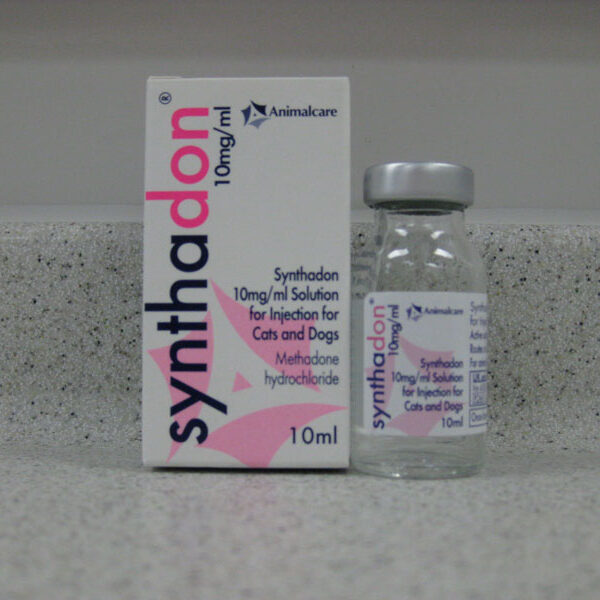
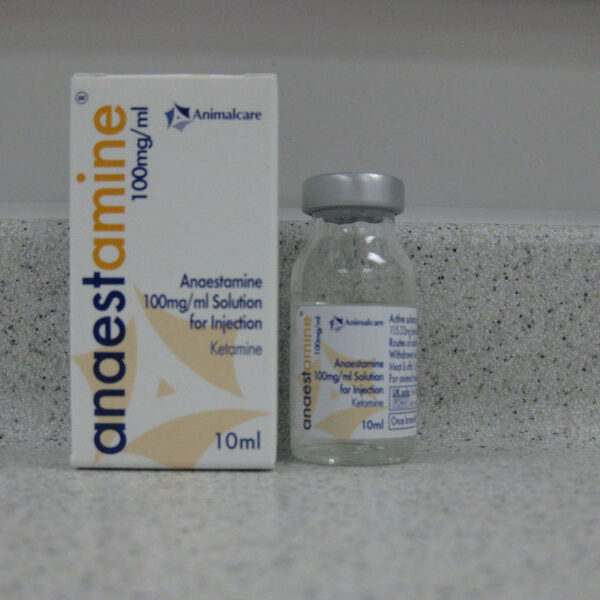
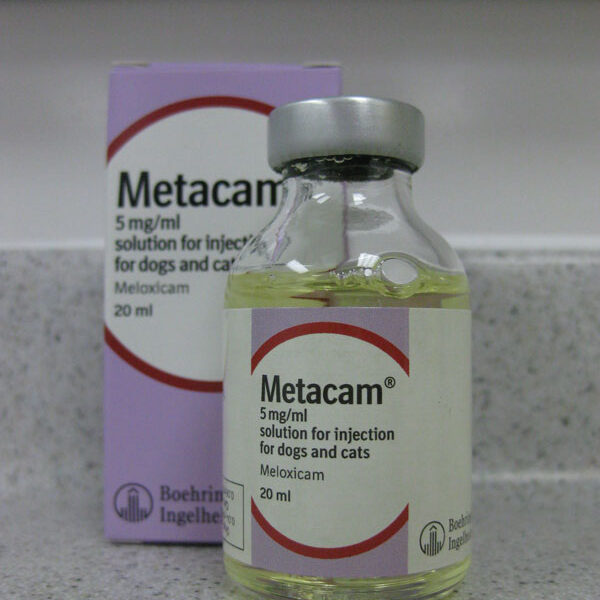
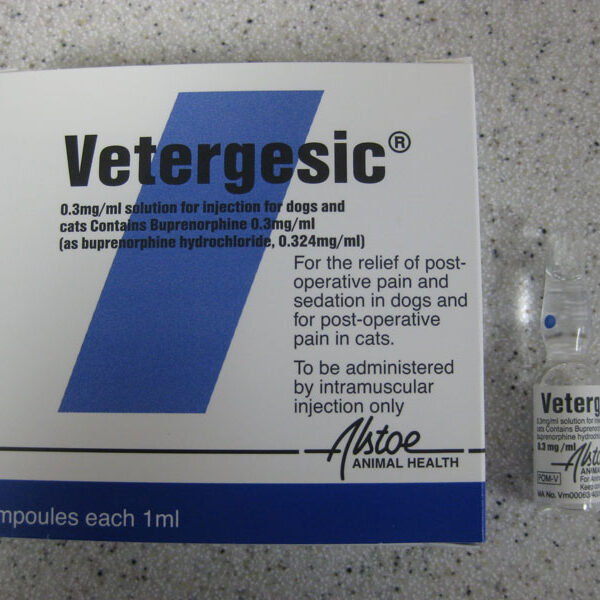
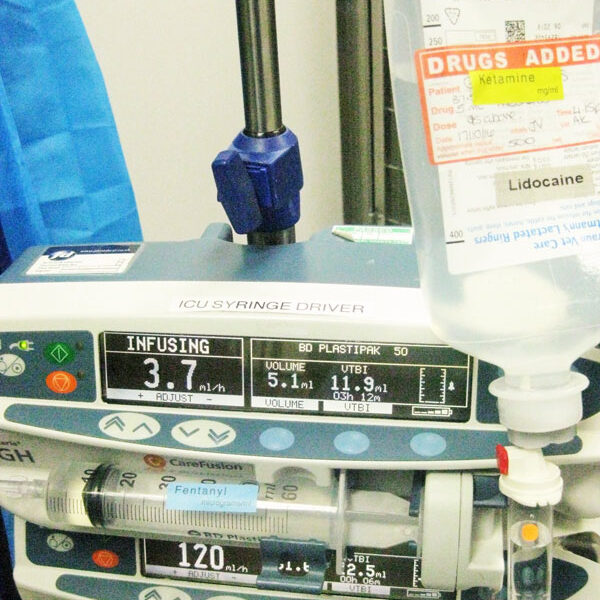
To save this page as a PDF, click the button and make sure “Save as PDF” is selected.
Anaesthesia and Analgesia
Find out more
To assist owners in understanding more about Anaesthesia and Analgesia, we have put together a range of information sheets to talk you through the some of the main areas of pain management at Willows.

